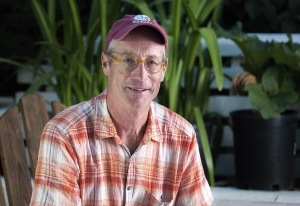
Jim McFerson
Dr. Jim McFerson assumed the new role of director of Washington State University’s Tree Fruit Research and Extension Center in August, while still working as manager of the Washington Tree Fruit Research Commission—a move that both organizations see as positive.
McFerson signed a contract with WSU that will allow him to devote 65 percent of his time to WSU and the remaining 35 percent to the Research Commission until the end of February, 2017. The university has offered him a full-time appointment beginning March 1, 2017.
“I think it’s going to work great,” said Jim Doornink, chair of the Research Commission. “It’s not like we lost anybody here. He just moved across the street. His job description changed, but we still have access to him.”
Dr. Kimberlee Kidwell, acting dean of WSU’s College of Agriculture, Human, and Natural Resource Sciences, said McFerson brings a wealth of experience and research knowledge to WSU’s research programs.
“This is a beautiful opportunity to strengthen the bridge between industry and WSU. And it’s unique,” she said. “No one in the country is doing anything like this. We felt like if we could manage everything that would be perceived as a conflict of interest constructively it would be a good thing all round.”
The commission collects grower assessments amounting to between $3.5 and 4.5 million annually, depending on the size of the crops. Typically, a total of about $1.5 million is awarded to WSU projects.
WSU sought advice from the Washington State Attorney General’s Office before signing the contract with McFerson. Kidwell said she could not provide Good Fruit Grower with a copy of the Attorney General’s opinion. Peter Lavelle, communications director at the Attorney General’s office in Olympia, said the advice was subject to attorney-client privilege and he was bound by ethical rules to keep the it confidential. The concern was that conflicts of interest might arise if the commission was funding projects that McFerson was involved in as a WSU faculty member.
WSU and the commission signed a Memorandum of Understanding to address these concerns.
“I think, somehow, we’ll have to have someone do some of Jim’s jobs that fall into the conflict-of-interest field,” Doornink said. “Someone will probably have to have some of those job responsibilities. The classic conflict of interest would be where Jim was representing or integral to a project at WSU and yet on the commission side he was the one that was responsible for funding.
“But Jim’s never been responsible for funding,” he added, explaining that McFerson’s role has been to advise the commission board, which makes the funding decisions.
Priorities
McFerson, 64, joined the Research Commission in 1999. He was previously in charge of the U.S. Department of Agriculture’s Plant Genetic Resources Unit in Geneva, New York. He has a bachelor’s degree in horticulture from the University of Wisconsin, a master’s degree in horticulture from Texas A & M University, and a doctorate in plant breeding and genetics from the University of Wisconsin.
McFerson said he is proud of the support that the commission has provided over the years for research and extension activities that have given growers tools to improve their profitability and sustainability.
“You can’t look at any new planting and not see the results of research and extension that the industry has invested in through the Research Commission,” he said.
One of his priorities at WSU will be to conduct a strategic review of the center’s activities. The greatest challenge, he said, is the struggle for adequate resources to conduct the research and extension efforts required to address the industry’s problems and needs.
Kidwell said McFerson has an extraordinary ability to build effective teams of researchers who are successful in competing for federal grants and can put his bridge-building skills to work for WSU.
“When you look at the relationships he has nationally and internationally in the tree fruit industry, he brings a remarkable opportunity to us that no one else can,” she said. “He has a broad reach and knowledge of the industry. It seemed like a great opportunity to strengthen what we do and create more visibility.”
At WSU, McFerson will work alongside the former director of the research center, Dr. Jay Brunner, until Brunner retires at the end of this year.
Staffing
Doornink said the Research Commission’s board was scheduled to meet in early September to discuss staffing needs now that McFerson is working there only a third of the time.
“It seems like a big change, but many of the things Jim did won’t change as he goes to WSU,” Doornink said. He will continue to coordinate research, lobby for research funds, and be involved in extension efforts to get research results to the growers.
“I look at him to really make some moves for the industry,” he said.
Kidwell said a research center director position typically takes 50 percent of the person’s time. For example, Brunner continued his entomological research while also managing the center for the past 17 years. The university has given McFerson the freedom to decide which additional duties he wants to take on.
McFerson said he expects the Research Commission to be able to continue with its current staff of 11 full-time people and additional part-time staff and interns at its two locations in Wenatchee and Yakima.
“We have a great staff right now who operate at a high level of efficiency,” he said, “And the activities that I will not be doing really don’t relate to the day-to-day functions.”
Those activities include interacting with WSU scientists, which he’s now doing in his role as research center director.

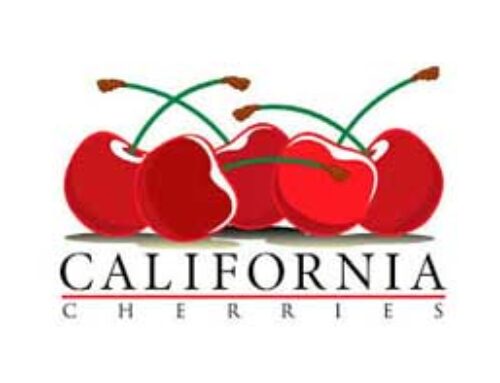
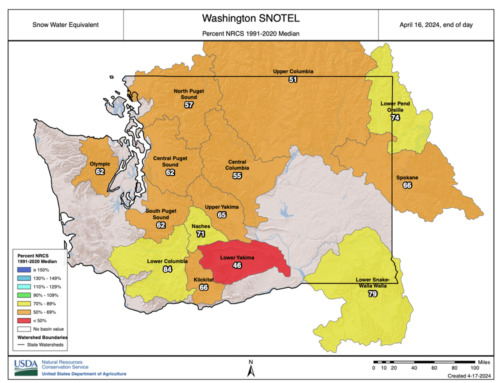
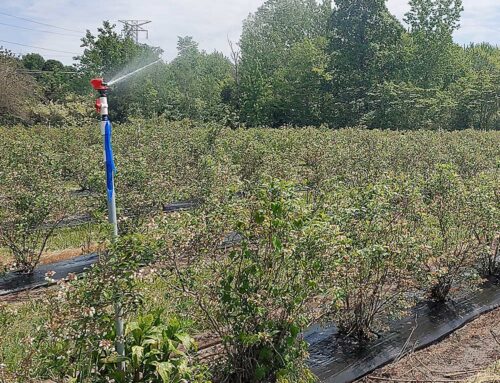
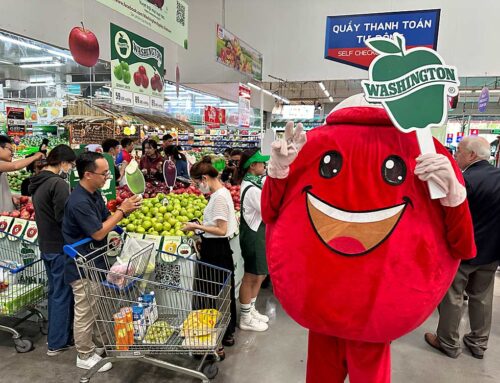
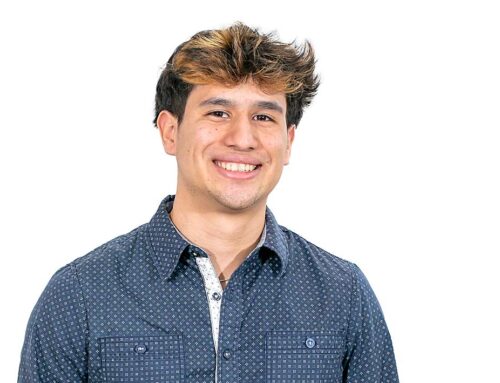
Leave A Comment